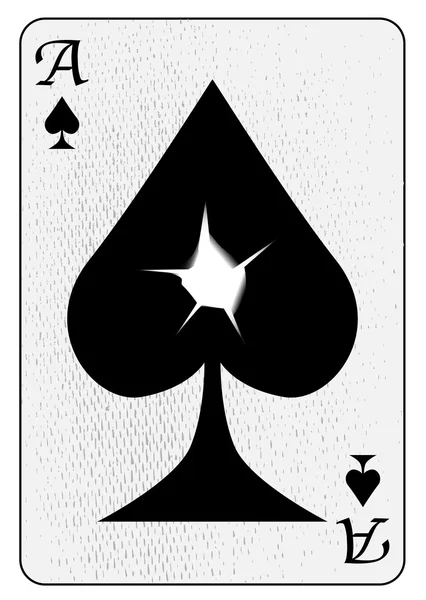- Poker Game With Four Hole Cards For Cash
- Free Card And Poker Games
- Poker Game With Four Hole Cards Online
- Poker Game With Four Hole Cards Against
- Play Four Card Poker Free
Most Commonly Asked Poker Questions
They say Texas Hold'em takes five minutes to learn and a lifetime to master and it's. The line can be horzontal or diagonal. In other words, the cards available to a player are the four hole cards plus one of the following five sets from the table: 1-E-4, 1-E-6, 2-E-5, 3-E-6, 3-E-4. The seven table cards.
Not sure what beats a full house or what a straight can beat? Here are the answers to the most commonly-asked poker questions this side of the Strip.
Does a flush beat a full house?
No. A full house beats a flush in the standard poker hand rankings. The odds against making a full house in a game of Texas Hold’em are about 36-to-1, while the odds against making a flush are 32-to-1. The full house is a more rare hand and beats a flush.
Does a flush beat a straight?
Yes. Using the standard poker hand rankings, a flush beats a straight, regardless of the strength of the straight. The odds against making a straight in Texas Hold’em are about 21-to-1, making it a more common hand than a flush (32-to-1 odds against).
Does a straight beat a full house?
Poker Game With Four Hole Cards For Cash
No. The odds against making a full house in Texas Hold’em are about 36-to-1, while the odds against making a straight are about 21-to-1. Both are strong five-card hands, but a full house occurs less often than a straight. A full house beats a straight in the poker hand rankings.
Does three of a kind beat two pair?
Yes. Both three of a kind and two pair can make a lot of money in poker, but three of a kind is the best hand when it goes head to head with two pair. The odds against making three of a kind in Texas Hold’em is about 20-to-1, while the odds against making two pair is about 3-to-1.
Does three of a kind beat a straight?
Free Card And Poker Games
No. The odds of making both of these hands are very close in a game of Texas Hold’em. The odds against making a straight are 20.6-to-1, while the odds against making three of a kind are 19.7-to-1. The straight comes about slightly less often, making it the winner against three of a kind in the poker hand rankings.
Poker Game With Four Hole Cards Online

Poker Game With Four Hole Cards Against
Does a flush beat three of a kind?
Yes. The battle of strong hands between a flush and three of a kind sees the flush as the stronger hand. The odds against making a flush in Texas Hold’em are about 32-to-1, with odds against making three of a kind at around 20-to-1.
Does a straight beat two pair?
Yes. The poker hand rankings dictate that a straight is a stronger hand than two pair. The straight occurs with about 21-to-1 odds against in Texas Hold’em, while the odds against making two pair stand at about 3-to-1.
Does four of a kind beat a full house?
Yes. Both four of a kind and a full house are among the strongest poker hands, but four of a kind is a much rarer holding. Texas Hold’em odds against making four of a kind are 594-to-1, while you have about 36-to-1 odds against making a full house.
Does three of a kind beat a flush?
No. When the flush and three of a kind go head to head, the flush comes out as the best according to the poker hand rankings. The odds against making three of a kind sit around 20-to-1, with the odds against hitting a flush at 32-to-1.
Does a full house beat a straight in poker?
Yes. The full house comes in less often than a straight. In Texas Hold’em, the odds against drawing a full house are around 36-to-1, while the odds against making a straight are around 21-to-1.
Does a straight flush beat four of a kind?

Play Four Card Poker Free
Yes. Four of a kind is an exceedingly rare hand in poker, but the straight flush is an even more elusive five-card hand. The odds against making a straight flush in Texas Hold’em is about 3,590-to-1, much rarer than four of a kind (594-to-1 odds against)